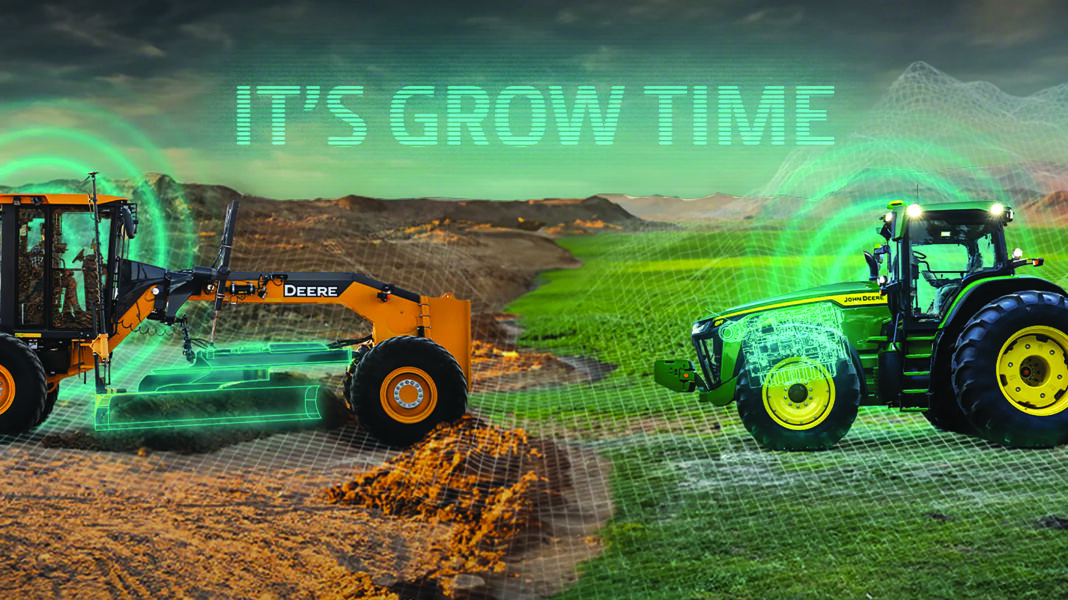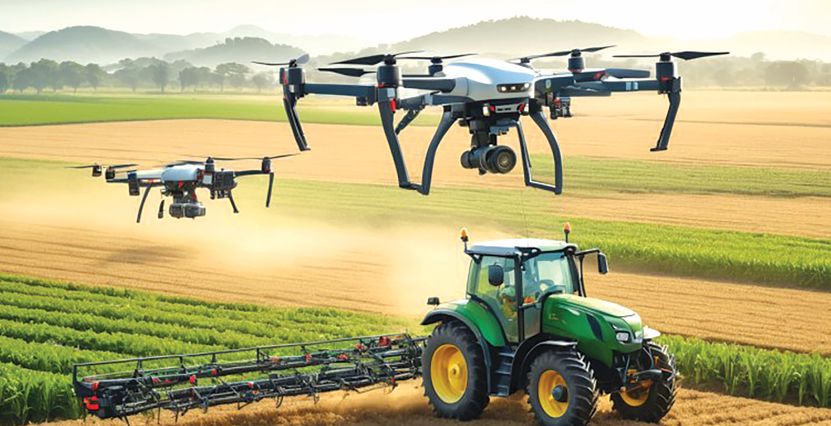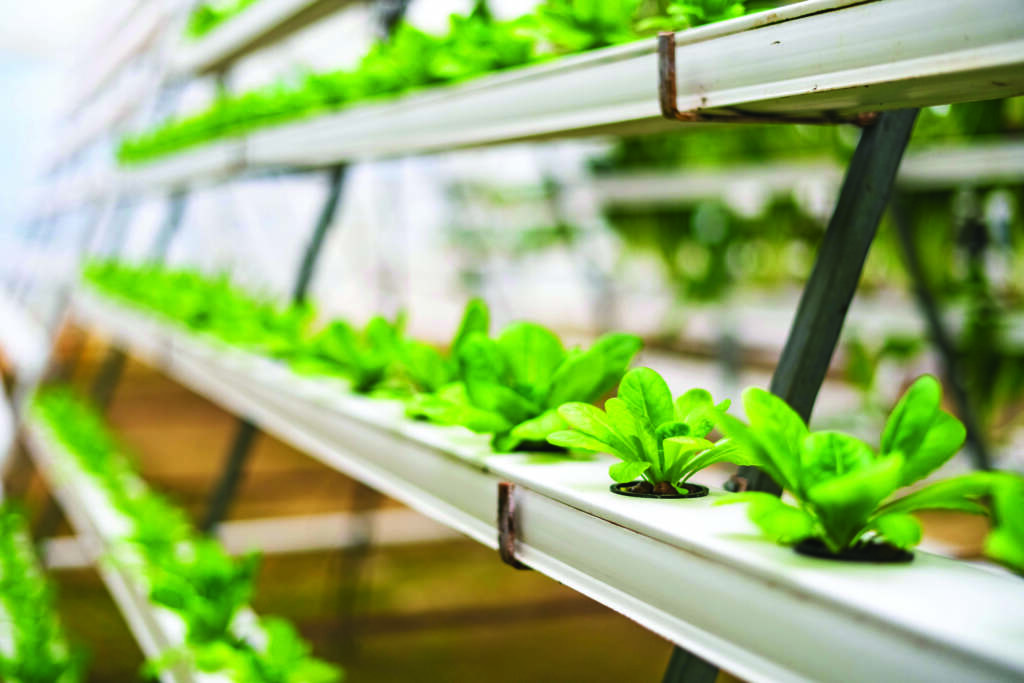Lerato Matheka
Agriculture stands as the cornerstone of Africa’s economy, yet the continent grapples with challenges ranging from limited access to modern technology to inadequate infrastructure.
In the face of these obstacles, John Deere’s S.M.A.R.T. initiative emerges as a beacon of hope, offering innovative solutions to empower farmers and transform agricultural landscapes across Africa and the Middle East.
Stephen Gouws, CEO of John Deere Africa and Middle East, sheds light on the profound impact of the S.M.A.R.T. initiative, which seeks to address the unique challenges faced by farmers in the region.
Speaking on a panel during the annual Mzansi’s Young Farmers Indaba organised by a South African media organisation called Food for Mzansi, Gouws pointed out that agriculture in Africa and the Middle East presents a complex tapestry of opportunities and challenges.
“…While the growth potential is immense, farmers often encounter barriers such as limited access to mechanisation, financial constraints, and a lack of technological infrastructure, and at the heart of the S.M.A.R.T. initiative lies a commitment to leveraging technology to overcome these obstacles and unlock the full potential of agriculture.”
“We believe that technology has the power to revolutionise farming practices and drive sustainable development. Through initiatives like precision farming, telematics, and big data analytics, we aim to equip farmers with the tools they need to thrive in a rapidly evolving landscape,” Gouws affirms
One of the key pillars of the S.M.A.R.T. initiative the CEO explained, is its focus on inclusivity, ensuring that small countries like Lesotho can benefit from the latest advancements in agricultural technology.
“While larger agricultural economies often dominate the conversation, we recognise the importance of empowering smaller nations to harness their agricultural potential, and Lesotho, with its rich agricultural heritage and untapped resources, presents a fertile ground for innovation and growth. If we can identify individuals who understand that agriculture is tough and needs one to put in their heart, soul and hard work, we would be glad to have 100 S.M.A.R.T projects running in the country,” says Gouws.
Indeed, John Deere’s commitment to smallholder farmers is evident in its successful collaborations and projects aimed at increasing access to mechanisation and technology.
“We have seen first-hand the transformative impact of initiatives like the SMART campaign, which have enabled smallholder farmers to mechanise their operations, improve yields, and enhance profitability.
“By providing access to financing, training, and after-sales support, we’re empowering farmers to unlock new opportunities and overcome longstanding challenges,” he notes.
Looking ahead, Gouws reveals that John Deere has set ambitious goals for the future, including its pledge to equip every piece of machinery with telematics by 2026.
“Our vision is to democratise access to data and insights, ensuring that every farmer, regardless of size or scale, can harness the power of information to optimise their operations. By democratising technology, we aim to level the playing field and create a more inclusive and sustainable agricultural sector,” he explains.
As John Deere continues to drive innovation and collaboration in agriculture, Gouws emphasises the importance of partnerships and collective action.
“We cannot achieve our goals alone and by working closely with governments, development organisations, and local communities, we can build a brighter future for agriculture in Africa and the Middle East.”
John Deere’s S.M.A.R.T. initiative stands as a testament to the company’s unwavering commitment to empowering farmers and driving sustainable agricultural development and as Gouws says, with technology as its guiding force, John Deere is paving the way for a future where agriculture is not only more productive and profitable but also more inclusive and resilient.
Summary
- Speaking on a panel during the annual Mzansi’s Young Farmers Indaba organised by a South African media organisation called Food for Mzansi, Gouws pointed out that agriculture in Africa and the Middle East presents a complex tapestry of opportunities and challenges.
- While the growth potential is immense, farmers often encounter barriers such as limited access to mechanisation, financial constraints, and a lack of technological infrastructure, and at the heart of the S.
- initiative stands as a testament to the company’s unwavering commitment to empowering farmers and driving sustainable agricultural development and as Gouws says, with technology as its guiding force, John Deere is paving the way for a future where agriculture is not only more productive and profitable but also more inclusive and resilient.

Your Trusted Source for News and Insights in Lesotho!
At Newsday Media, we are passionate about delivering accurate, timely, and engaging news and multimedia content to our diverse audience. Founded with the vision of revolutionizing the media landscape in Lesotho, we have grown into a leading hybrid media company that blends traditional journalism with innovative digital platforms.










